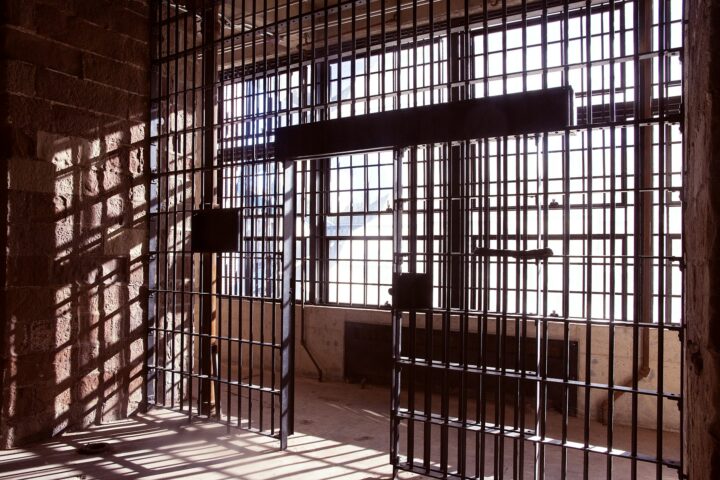In a heated debate over prison policy and gender identity, a coalition of 26 Republican attorneys general has now reportedly publicly condemned federal judges for allowing transgender-identifying men to be housed in women’s prisons.
This statement follows a recent ruling that upheld the placement of these individuals, triggering strong reactions from conservative leaders.
Led by Idaho Attorney General Raúl Labrador, the group filed an amicus brief in support of President Donald Trump’s executive order aimed at preventing the housing of transgender women in female facilities.
The order seeks to redefine how prisoners are classified based on biological sex, a move that has garnered both support and criticism across the political spectrum.
“The truth is under attack in our culture today,” Labrador stated, emphasizing the need to protect what he describes as “biological reality.”
He argues that permitting transgender men in women’s prisons compromises the safety and dignity of female inmates, raising concerns about privacy and the potential for violence.
The recent legal battles have highlighted the complexities surrounding the Eighth Amendment, which prohibits cruel and unusual punishment.
In February, a federal judge blocked Trump’s directive to transfer transgender-identifying males out of women’s facilities, asserting that such actions could violate constitutional rights.
This ruling has faced backlash from conservative lawmakers who argue that the federal government has the authority to ensure the safety of all prisoners.
In their brief, the Republican attorneys general contend that the administration should have the discretion to house transgender individuals with other male prisoners.
“The federal government is charged with preserving the safety of all prisoners in its care,” they wrote, defending the need for a policy that prioritizes the welfare of female inmates.
The issue of housing transgender individuals in prisons has sparked significant controversy, particularly after reports of incidents involving sexual assault and harassment.
For instance, a California man, Tremaine Carrol, faces multiple rape charges after being placed in a women’s facility, while former prisoner Mozzy Clark has filed a lawsuit alleging that she was subjected to sexual assaults due to similar housing policies.
These developments are not limited to adult facilities; regulations from the Obama era require states to consider housing juvenile males who identify as female in girls’ facilities, adding another layer of complexity to the debate.
As this contentious issue unfolds, it highlights the ongoing struggle between advancing radical ‘LGBTQ+ rights’ and ensuring the safety and privacy of women in correctional settings.
The implications of these legal decisions will likely resonate in ongoing discussions about prison reform and the treatment of transgender individuals within the justice system.
The Republican AGs’ stance reflects a broader movement among conservative leaders to challenge far-left policies for accommodating gender ideology, framing the debate as a matter of public safety and legal authority.
[READ MORE: Federal Judge Moves to Block Trump’s Attempt to All But End Department of Education]








